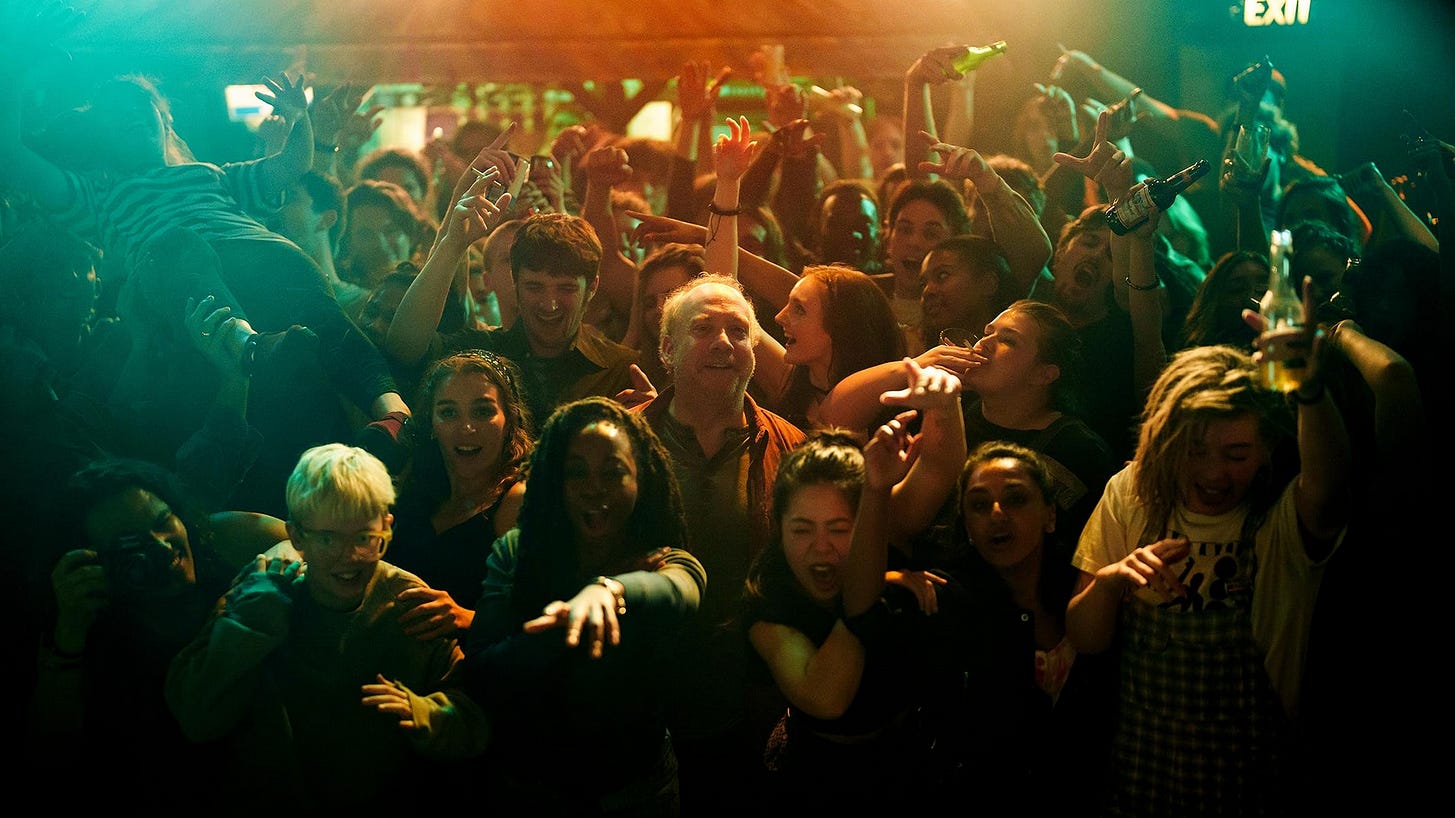‘Eulogy’ Is a Poignant Reminder of What Makes Black Mirror Great
The penultimate episode of season 7 is among the show’s most hard-hitting
One of Black Mirror’s signature strengths is its ability to depict a nearing future with grounded realism. The innovations each episode centers on carry enough emotional weight to make the speculative feel not just believable, but palpable. The stories are vignettes that stand by and large independent of one another, but each explores the interse…
Keep reading with a 7-day free trial
Subscribe to The Gen Z Report to keep reading this post and get 7 days of free access to the full post archives.


